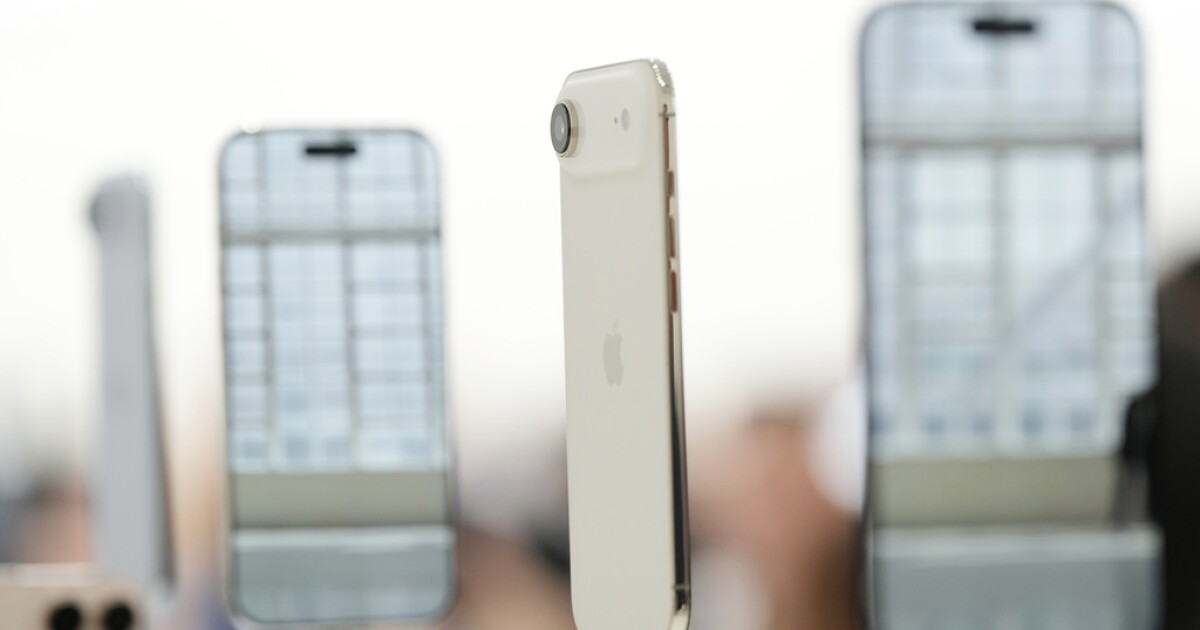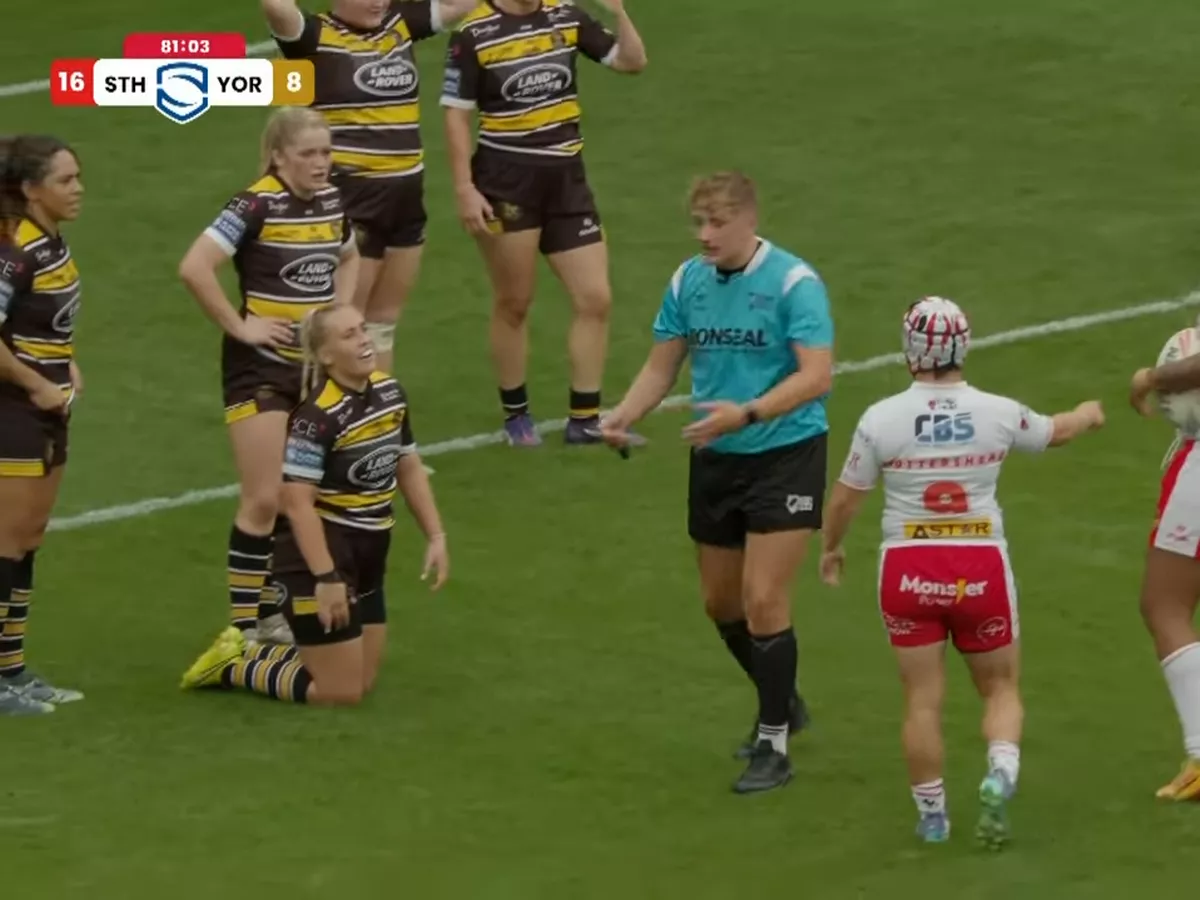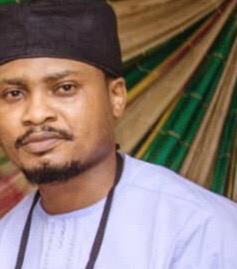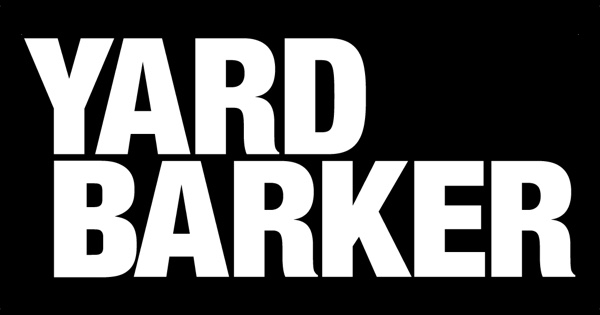By Joshua Neil
Copyright edie
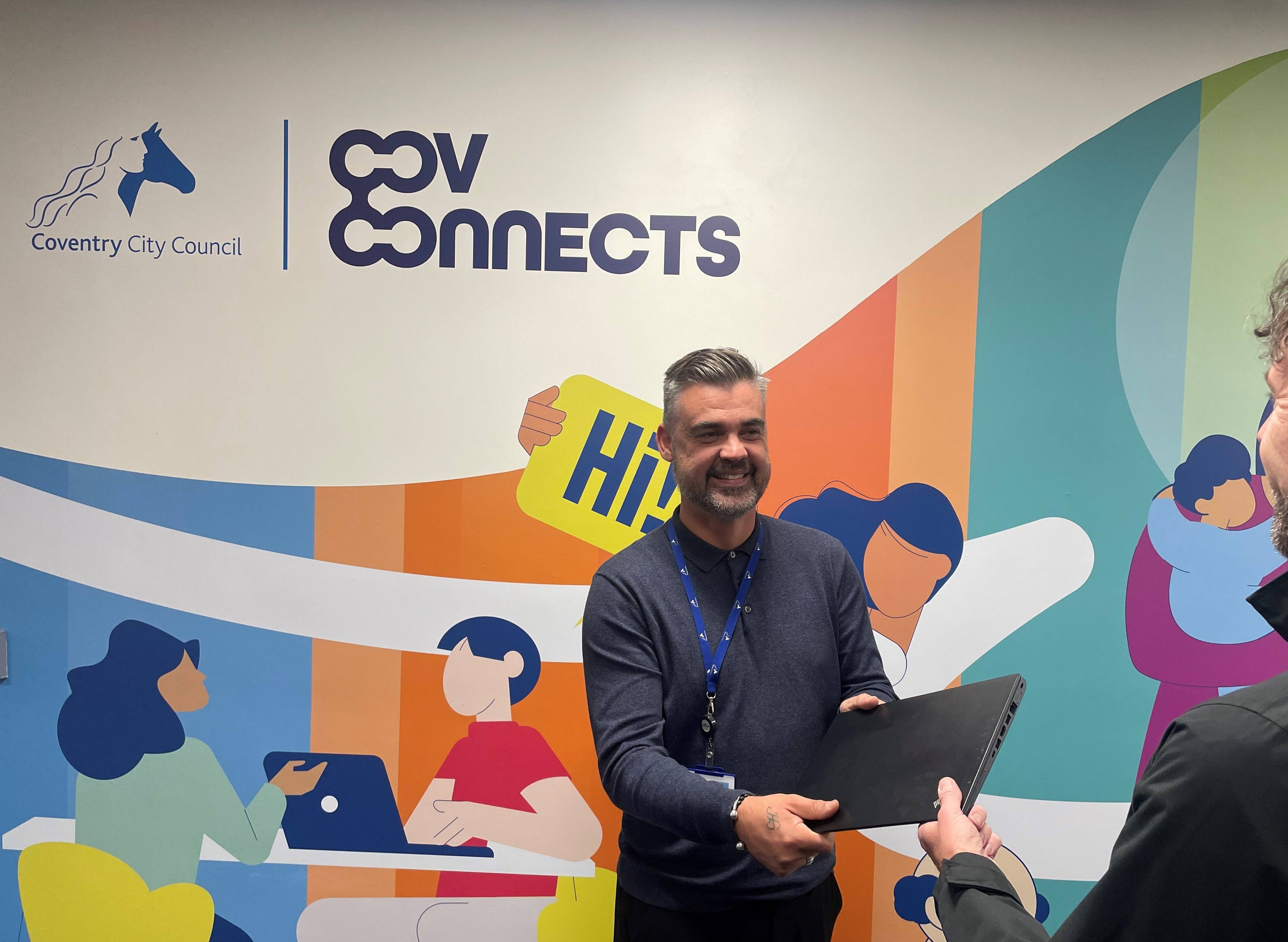
In partnership with Coventry City Council, the project was created to bolster digital inclusion across the city, as well as creating a more sustainable circular system for technologies in the area, allowing them to be reused and to reduce the cost of e-waste collection and the damaging environmental impact of destroying them.
The partnership will encourage local businesses and public sector institutions to work towards greater tech reuse, with devices being donated via #CovConnects – Coventry City Council’s digital inclusion programme and device bank initiative. These will ultimately go to residents of the city, more than 40% of whom currently have no access to a laptop.
#CovConnects scheme expansion
The two organisations are inviting other local authorities to take part in the initiative, sharing best practices within a working group that will enable greater takeup across the country.
Currently, partnered organisations including NHS ICB Coventry and Warwickshire, as well as the University of Warwick. The organisations refurbish unused tech and distribute it via a ‘device bank’, effectively a foodbank for digital items. More than 4,700 devices have been rehomed via community groups, front line services and health providers. To ensure data safety, any donated device is securely data-wiped.
This initiative comes off the back of a previous project between the two bodies, in which Coventry City Council received funding from Virgin Media O2’s ‘Time After Time’ fund. This provided £1m to 18 community organisations working across device reuse, e-waste prevention and developing repair skills for older technology.
Dana Haidan, Chief Sustainability Officer at Virgin Media O2, said: “This is a landmark moment for Virgin Media O2 as we take our next step in championing a more circular economy for tech in the UK. Our ambition is to create a model of circularity that has a reuse-first approach, enabled via local device banks, which can then be replicated and rolled out across the UK.
“The most successful circular models are ones that are hyperlocal, utilising networks and partners that are grounded in local community needs. By working with Coventry City Council, we want to see more end-of-first-life corporate devices being rehomed with people who need them, helping to both transform lives and tackle e-waste – a win-win for communities and the planet.”
Councillor Richard Brown, Cabinet Member for Finance at Coventry City Council, said: “This is a really positive step that I hope will help us to expand this project in Coventry – and make better use of older e-devices.
“We are really proud of the partnerships we have developed to increase the number of people who are able to use second-hand devices. This latest development with Virgin Media O2 is a great opportunity to build upon this work. We hope it will be an example that can be applied in other cities.”
Gen Z leading on refurbished device purchases
This information comes as a study commissioned by Vodafone Institute, ‘Refurbished Over New: A Second Chance for Smartphones’ provides information on take-up of refurbished devices in Europe.
The study shows that while only 30% of the 5,200 respondents have purchased a refurbished device, 81% of people who bought a refurbished device would do so again. This was particularly the case with Gen Z respondents, 37% of whom have bought a refurbished smartphone as compared with only 18% of Baby Boomers.
Additionally, 33% of Gen Z respondents have repaired their own phone, compared with 8% of Baby Boomers. Despite this, the study did show that 51% of smartphone users keep their old phone after buying a new one, with only 8% of old devices recycled or traded in. Barriers to passing on old devices, the study stated, include lack of knowledge, data privacy concerns and nostalgia.
